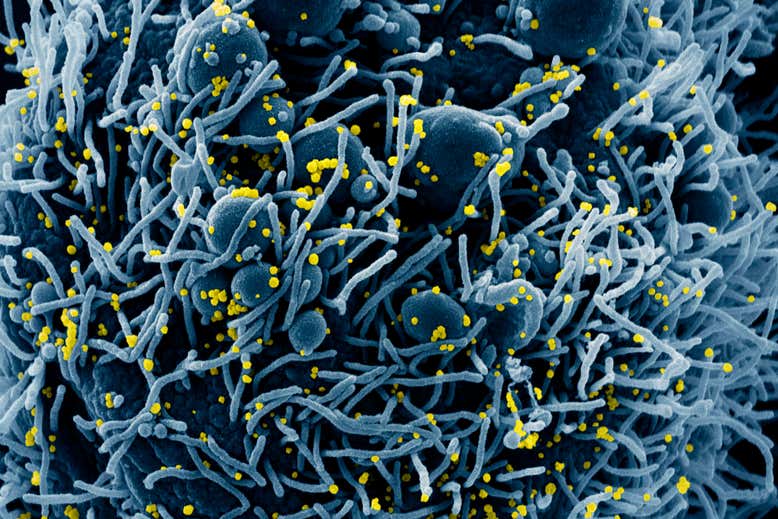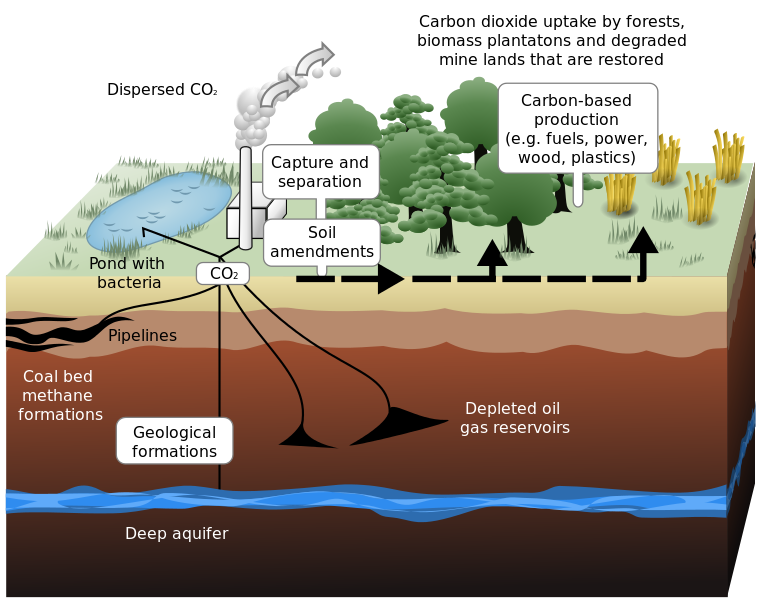Natural Philosophy (Science)

- Details
- Written by: Richard_McKie
- Parent Category: Ideas
- Category: Natural Philosophy (Science)
- Hits: 1470
As a follow-up to my radiation treatment for prostate cancer, that I reported here as: Medical fun and games, I recently underwent a PET scan, to check that all is well.
When I first heard of them I imagined that a PET scan was a more generic all-encompassing version of a CAT scan - perhaps one involving dogs and rabbits; or even goldfish?

- Details
- Written by: Richard_McKie
- Parent Category: Ideas
- Category: Natural Philosophy (Science)
- Hits: 3414
Now that every adult in my extended family is vaccinated is my family safe from Covid-19?
The short answer is no. No vaccine is 100% effective. Yet, we are a lot safer.
It's a bit hard to work it out in Australia as, although we are familiar with lockdowns, we have so little experience with the actual disease.

- Details
- Written by: Richard_McKie
- Parent Category: Ideas
- Category: Natural Philosophy (Science)
- Hits: 8872
We all die of something.
After 70 it's less likely to be as a result of risky behaviour or suicide and more likely to be heart disease followed by a stroke or cancer. Unfortunately as we age, like a horse in a race coming up from behind, dementia begins to take a larger toll and pulmonary disease sees off many of the remainder. Heart failure is probably the least troublesome choice, if you had one, or suicide.
In 2020 COVID-19 has become a significant killer overseas but in Australia less than a thousand died and the risk from influenza, pneumonia and lower respiratory conditions had also fallen as there was less respiratory infection due to pandemic precautions and increased influenza immunisation. So overall, in Australia in 2020, deaths were below the annual norm. Yet 2021 will bring a new story and we've already had a new COVID-19 hotspot closing borders again right before Christmas*.
So what will kill me?
Some years back, in October 2016, at the age of 71, my aorta began to show it's age and I dropped into the repair shop where a new heart valve - a pericardial bio-prosthesis - was fitted. See The Meaning of Death elsewhere on this website. This has reduced my chances of heart failure so now I need to fear cancer; and later, dementia.
More fun and games.
- Details
- Written by: Richard_McKie
- Parent Category: Ideas
- Category: Natural Philosophy (Science)
- Hits: 10153
(Carbon Sequestration)
| The following abbreviated paper is extracted from a longer, wider-ranging, paper with reference to energy policy in New South Wales and Australia, that was written in 2008. This extract relates solely to CCS. The original paper that is critical of some 2008 policy initiatives intended to mitigate carbon dioxide emissions can still be read in full on this website: Read here... |

Carbon Sequestration Source: Wikimedia Commons
This illustration shows the two principal categories of Carbon Capture and Storage (Carbon Sequestration) - methods of disposing of carbon dioxide (CO2) so that it doesn't enter the atmosphere. Sequestering it underground is known as Geosequestration while artificially accelerating natural biological absorption is Biosequestration.
There is a third alternative of deep ocean sequestration but this is highly problematic as one of the adverse impacts of rising CO2 is ocean acidification - already impacting fisheries.
This paper examines both Geosequestration and Biosequestration and concludes that while Biosequestration has longer term potential Geosequestration on sufficient scale to make a difference is impractical.
- Details
- Written by: Richard_McKie
- Parent Category: Ideas
- Category: Natural Philosophy (Science)
- Hits: 5139
As we all now know (unless we've been living under a rock) the only way of defeating a pandemic is to achieve 'herd immunity' for the community at large; while strictly quarantining the most vulnerable.
Herd immunity can be achieved by most people in a community catching a virus and suffering the consequences or by vaccination.
It's over two centuries since Edward Jenner used cowpox to 'vaccinate' (from 'vacca' - Latin for cow) against smallpox. Since then medical science has been developing ways to pre-warn our immune systems of potentially harmful viruses using 'vaccines'.
In the last fifty years herd immunity has successfully been achieved against many viruses using vaccination and the race is on to achieve the same against SARS-CoV-2 (Covid-19).
Developing; manufacturing; and distributing a vaccine is at the leading edge of our scientific capabilities and knowledge and is a highly skilled; technologically advanced; and expensive undertaking. Yet the rewards are potentially great, when the economic and societal consequences of the current pandemic are dire and governments around the world are desperate for a solution.
So elite researchers on every continent have joined the race with 51 vaccines now in clinical trials on humans and at least 75 in preclinical trials on animals.
